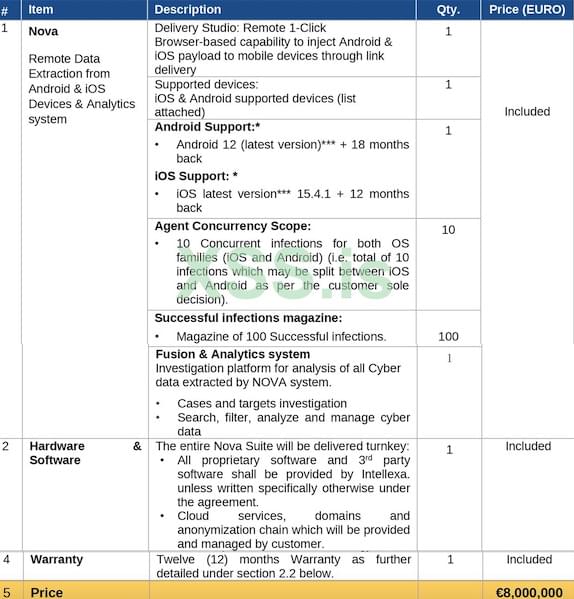Dr. Joscha Bach is VP of Research at AI Foundation and Author of Principles of Synthetic Intelligence, focused on how our minds work, and how to build machines that can perceive, think, and learn.
http://bach.ai.
Twitter ► https://twitter.com/Plinz.
LinkedIn ► https://linkedin.com/in/joschabach.
SHOW NOTES 📝
0:00 Open.
0:17 Hello & welcome.
0:37 Dr. Joscha Bach bio and introduction.
0:56 “It’s an insane world; an amazing time to be alive“
3:46 Conversation on the S-curve; current instability based on not handling aftermath of collapse of Industrial Revolution society with the advent of the Internet.
8:22 “Either kids or long-term civilization”; carbon sequestration involves not burning any carbon at all.
10:08 Organizing principles conflict with systems bent on infinite growth.
14:30 More on Dr. Bach at Cambridge; entrepreneurial journey leads to MIT and then AI Foundation.
16:23 Relationship between the physical world and our minds; pattern generation; types of computers.
18:10 Mathematics vs. Computation.
19:20 Accidental question-Dr. Bach’s thoughts on psychedelics.
20:27 Turing, “something is true if you can prove it“
23:14 Quantum computing discussion; Minecraft CPU example; “is our universe efficiently implemented or inefficiently implemented?“
23:50 Relationship between mind and universe; observational interface.
27:28 Materialism and idealism may complement each other.
29:08 Dream space neural architecture; “you and me are characters in a multimedia novel being authored by the brain”; the collective is part of your dream.
31:51 Necessity of ability to change the way you perceive vs. changing a physical world; perception upgrade is really a will or desire upgrade.
34:12 What is a model? Perspectives of variables and their relationship; probabilities.
35:58 Model convergence to truth aided by probabilities; motivations guide preferences.
38:00 People are born with ideas and then acquire preferences; motivation is how you regulate and push against reality; feedback loop from brain regulating body, awareness and unawareness of loops.
41:28 Needs don’t form a hierarchy; they coexist and compete.
43:00 “the shape of your soul is the hierarchy of your purposes“
45:26 Neurons; dopamine and other brain chemicals speak many languages; “neurons get fed if you regulate what you want to regulate“
48:50 Social interaction and brain chemistry; neurons work through pattern recognition, then patterns in the patterns.
51:43 Auditory (and all) senses build layers until we get a unified model of the world/universe.
53:24 Question-who’s in charge of the super-intelligence; single mind; which kind of system; sane/insane implementation.
59:50 Precepts; spatial intelligence; pattern to perception to worldview; intentional self.
1:02:36 Self controls simulations in the brain; “only a simulation can be conscious“
1:05:05 “The reason why you perceive the world as meaningful is because it’s generated in your mind to model your meaning.“
1:07:10 Everything you can perceive is generated by your mind; model of architecture.
1:11:45 Use of the DLPFC (dorsolateral prefrontal cortex); “hippocampus has a script”; neurons individually not that important, somewhat interchangeable, just a signal processor.
1:14:52 “Are we individually intelligent?” Not generally so; generations of specialized people talked to each other; rebuilding efforts usually get foundations wrong; “it’s hard to wake a sleeping person; it’s impossible to wake a person pretending to sleep“
1:17:52 “The family of good people” is a human condition; morals need to guide our decisions but not our model-making.
1:19:00 Human-centric social media; scientists and philosophers are mostly confused people, humble but without answers; Dunning-Kruger Effect.
1:20:40 More on social media; understanding the nature of reality; “which way can I be useful to other people?”; why are we drawn to things that don’t have utility, like politics on current social media.
1:24:20 Social media done right are individual thoughts in the same mind, “Gaia doesn’t exist but it would be very useful to have one”; endgame of social media is a global brain.
1:26:15 Current society optimized for short games; “tumors“
1:29:02 Lebowski Theorem — “No super-intelligent system is going to do anything that is harder than hacking its own reward function“
1:31:12 “Imagine you build an AI that is way smarter, why SHOULD it serve us?“
1:32:20 “Maybe our motivational function is wrapped up in a big ball of stupid so we don’t debug it;” opting out of reality; how can we balance super-intelligence, will, and evolution or conditions of existence.
1:34:08 Philosophical remarks; reiteration that things are just happening, making it very difficult to predict outcomes; there isn’t a running simulation of a better society so it’s difficult to make changes.
1:36:15 Life is about cells, and cells are very rare.
1:38:08 Would have to be a larger, more imperceptible pattern around us and how would we know; Minecraft example.





